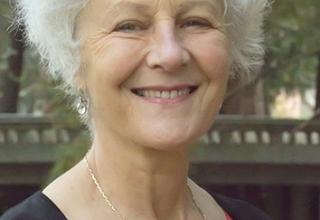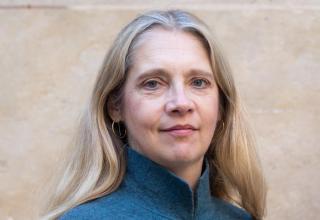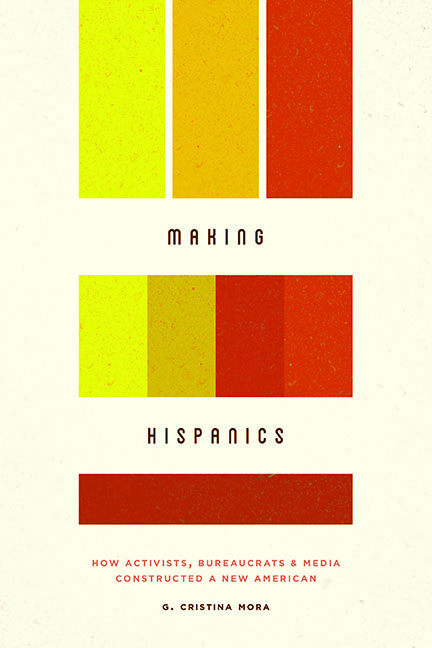
Berkeley Sociology mourns the loss of Michael Burawoy, a world-renowned sociologist and professor emeritus who died February 3. Professor Burawoy is famous for his contributions to theory, methods, analyses of labor processes in industrial worksites, and analyses of the university as a workplace..
As ASA President, Burawoy developed and advanced his call for “public sociology” a call that energized more diverse and younger generations of sociologists to practice sociology through proactive engagement with concerns and questions that emanate from communities beyond academia. As ISA President, Burawoy built infrastructure for sustained scholarly exchange between scholars of the “global south” and the “global north.”
Burawoy’s teaching and mentoring were legendary, as were his commitments to the improvement of pedagogy and sustaining accessible, high-quality public education. Read more about Professor Burawoy’s life and legacy as well as the memories and tributes from his students and colleagues..

Prof. Einstein served graduate students as a model of prudence in remaining unfashionably true to the grand…
Making Hispanics
How Activists, Bureaucrats & Media Constructed a New American
Departmental Colloquium Series
Davon Norris, "Legitimation by (Mis)identification: Credit, Discrimination, and the Racial Epistemology of Algorithmic Expansion"
Monday September 22nd, 2025 at 2:00 pm - 3:30 pm
Blumer Room - 402 Social Sciences Building and via zoom
Abstract:
What mechanisms enable the expansion of algorithmic scoring? While extant explanations emphasize organizational and political dynamics, such accounts offer conflicting intuition on the consequences of algorithmic scoring for racial inequality. As a result, we are unable to reconcile a growing phenomenon where the expansion of scoring and data used is resonating with political actors as a way to promote racial inclusion in the face of claims to the contrary. To address this, I develop an account of algorithmic expansion rooted in how political and legal institutions cognize inequality. I analyze the history of consumer credit scoring from 1968-2019 and demonstrate how a particular model of conceptualizing and empirically identifying discrimination emerged, was institutionalized, and had the consequence of enabling the acceptance of credit scores as “race neutral.” I argue the ability to legitimately identify credit scoring as unrelated to race cleared the way for algorithmic expansion as scoring could easily dispatch critiques of being racially unjust despite pervasive racial inequality. By shifting the focus away from whether algorithms perpetuate inequalities to understanding the epistemological infrastructure shaping how institutions come to know the answer, this article yields new theoretical and normative insight into inequality in the algorithmic age.



